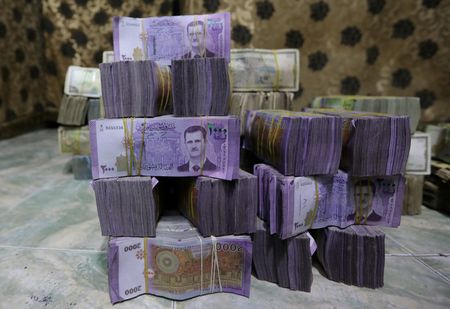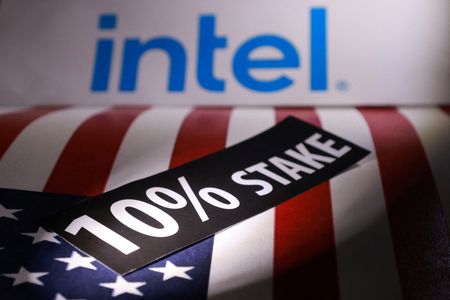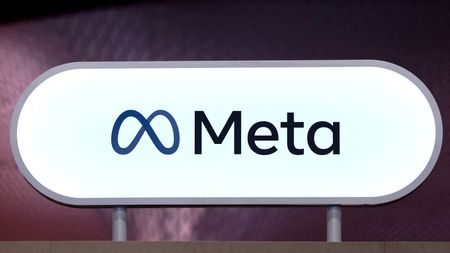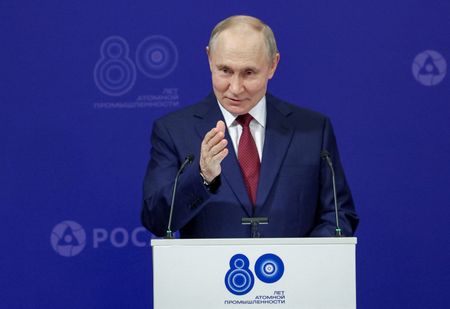By Alberto Chiumento and Dimitri Rhodes
(Reuters) -Dsm-firmenich said on Wednesday it is working with customers and suppliers to mitigate the impact of U.S. tariffs on its business as the chemicals company reported lower than expected adjusted first-quarter core profit.
Dsm-firmenich, whose products are used in perfumes made by French luxury groups LVMH and Kering, is well-placed to mitigate the effects of tariffs, finance chief Ralf Schmeitz said on an analyst call.
Following an unprecedented drop in order volumes from soaring energy prices and high inflation since 2022, the energy-intensive chemicals sector is now having to face up to the prospect of U.S. import tariffs of at least 10%.
“We’re working together with customers and suppliers to mitigate it [tariffs] to a minimum, looking at alternative supply chains and other measures,” Schmeitz said.
“And where we can’t mitigate it, we’ll pass it through.”
Schmeitz added that this has already started in April.
Around 20% of the Amsterdam-listed company’s one-billion-euro U.S. imports come from China, just over half of which are exempt from tariffs, the CFO said.
“The overall impact of tariffs on an annualised basis is around 1% of sales maximum,” Schmeitz added. He did not provide further details.
The group’s adjusted earnings before interest, taxes, depreciation and amortization (EBITDA) came in at 650 million euros ($739.18 million), just short of analysts’ forecast of 655 million euros in a company-provided consensus.
The company, born out of the 2023 merger of Netherlands-based DSM and Switzerland-based Firmenich, said its adjusted core profit included an 85-million-euro temporary positive price effect caused by supply disruption in the vitamin market.
Dsm-firmenich confirmed its guidance for 2025, adding that the temporary vitamin price boost was raised from 100 million euros to 150 million euros.
It said last year it was planning to carve out its Animal Health and Nutrition unit by the end of 2025, which would lower its exposure to earnings volatility in the vitamins segment and reduce its capital intensity in line with its long-term strategy, but did not specify how.
The company agreed in February to sell its stake in a joint enzymes venture to Danish group Novonesis for 1.5 billion euros.
($1 = 0.8794 euros)
(Reporting by Alberto Chiumento and Dimitri Rhodes in Gdansk; Editing by Christopher Cushing, Janane Venkatraman and Jane Merriman)










